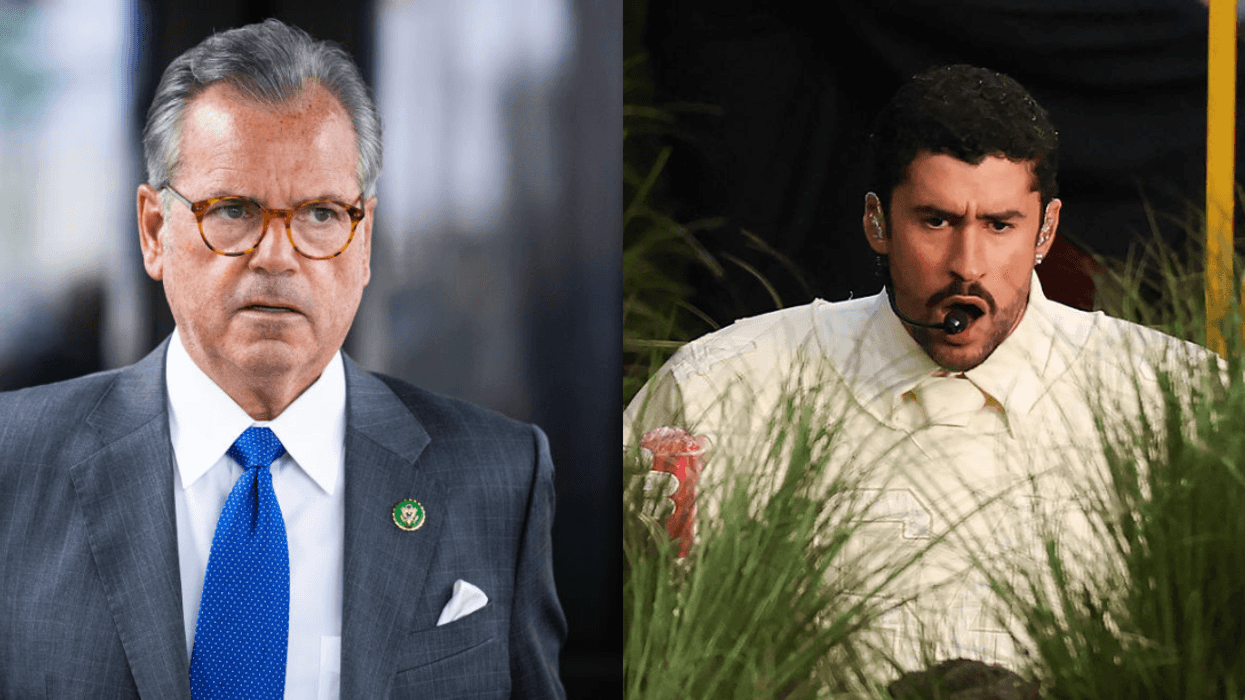A defining facet of outgoing President Donald Trump's tenure in the White House is sure to be his Twitter habit.
For years, the President used his Twitter account to broadcast disinformation, launch petty attacks, and even announce administration departures to his nearly 90 million followers.
In the weeks leading up to the long-awaited joint session to congressionally certify President-elect Joe Biden's victory in the 2020 presidential race, Trump called on his supporters across the nation to attend a "Save America" rally in D.C. This was in addition to Trump's countless tweets lying that Democrats coordinated widespread election fraud to deliver Biden a false victory.
When Vice President Mike Pence—who was presiding over the joint certification session—wouldn't overstep his powers and throw out the electoral votes against swing states Trump lost, the President tweeted that Pence "didn't have the courage to do what should have been done" to stop a "fraudulent" election.
Shortly after Trump spoke at the rally, as history will remember, a mob of pro-Trump extremists infiltrated the Capitol, smashing windows, ransacking offices, and smearing excrement across the walls. At least five people died, including a Capitol police officer.
Video showed the rioters chanting to "Hang Mike Pence!"
As a result of the deadly failed insurrection, Twitter blocked Trump from tweeting for 24 hours. After further tweets following the ban, Trump's account was "permanently suspended" for fear that his tweets would incite even more violence.
The ban has been met with widespread Republican backlash claiming Twitter—a private company—is infringing on free speech and silencing the President.
Trump and Republicans have frequently falsely accused social media companies like Twitter and Facebook of suppressing conservatives. Now, Republican lawmakers are showing more outrage at Twitter's terms and conditions than the conditions leading to the unprecedented assault on the Capitol.
A mantra of Trump's presidency has been that there's "always a tweet" of his from years or even weeks ago that contradicts the current positions he holds.
Such was the case in 2017, the first year of Trump's presidency.
Trump wrote:
"Loser terrorists must be dealt with in a much tougher manner. The internet is their main recruitment tool which we must cut off & use better!"
Trump's tweet was in response to the tragic Parsons Green train bombing in London that year, but the same could be said for the "loser terrorists" who stormed the Capitol, many of whom were radicalized online through conspiracy disinformation on sites like Twitter, Parler, Gab, and others.
It was a point on which even Trump's critics mockingly agreed with him.
Once again, "there's always a tweet"...
Trump is a strong opponent of Section 230 of the Communications Decency Act, which grants broad liability protections to online publishers for content their users post. If these protections were unilaterally revoked (rather than reformed), Trump's Twitter almost certainly would've been deleted years ago.

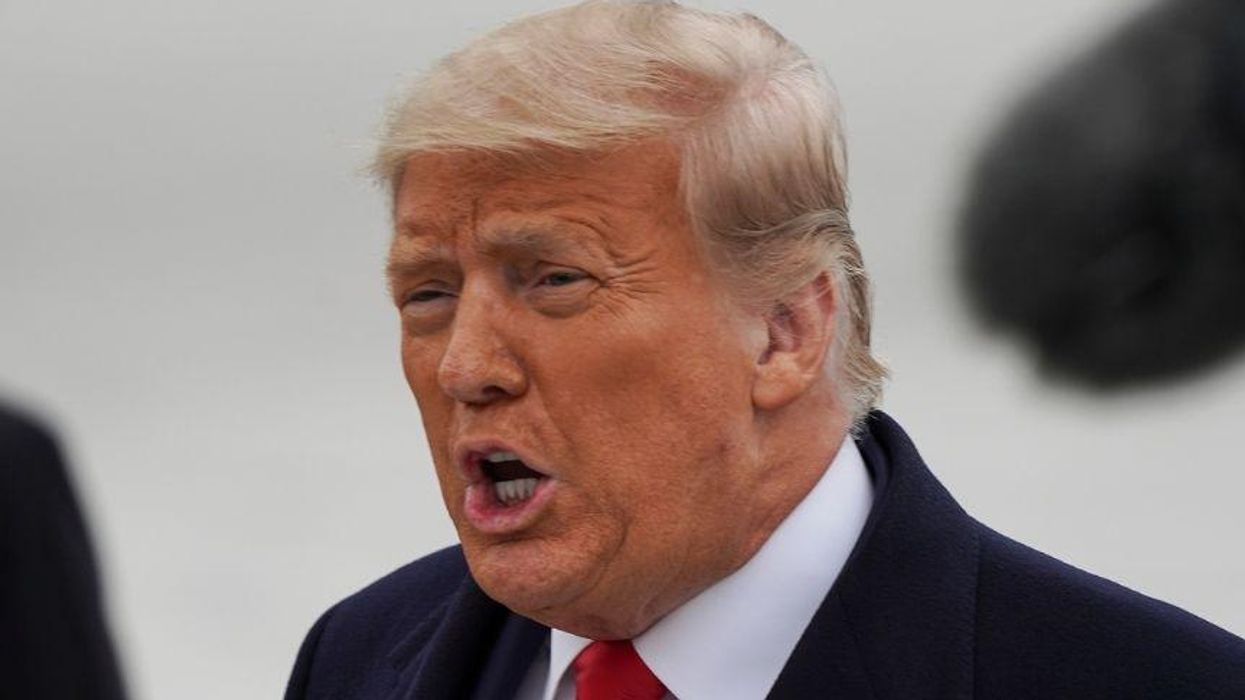






 @jennifer.garner/Instagram
@jennifer.garner/Instagram @jennifer.garner/Instagram
@jennifer.garner/Instagram @jennifer.garner/Instagram
@jennifer.garner/Instagram @jennifer.garner/Instagram
@jennifer.garner/Instagram @jennifer.garner/Instagram
@jennifer.garner/Instagram @jennifer.garner/Instagram
@jennifer.garner/Instagram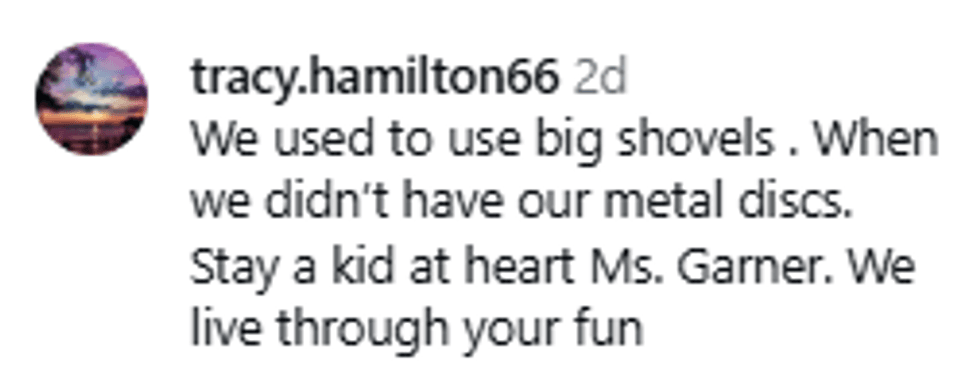 @jennifer.garner/Instagram
@jennifer.garner/Instagram @jennifer.garner/Instagram
@jennifer.garner/Instagram @jennifer.garner/Instagram
@jennifer.garner/Instagram @jennifer.garner/Instagram
@jennifer.garner/Instagram @jennifer.garner/Instagram
@jennifer.garner/Instagram @jennifer.garner/Instagram
@jennifer.garner/Instagram @jennifer.garner/Instagram
@jennifer.garner/Instagram @jennifer.garner/Instagram
@jennifer.garner/Instagram @jennifer.garner/Instagram
@jennifer.garner/Instagram @jennifer.garner/Instagram
@jennifer.garner/Instagram @jennifer.garner/Instagram
@jennifer.garner/Instagram @jennifer.garner/Instagram
@jennifer.garner/Instagram @jennifer.garner/Instagram
@jennifer.garner/Instagram @jennifer.garner/Instagram
@jennifer.garner/Instagram





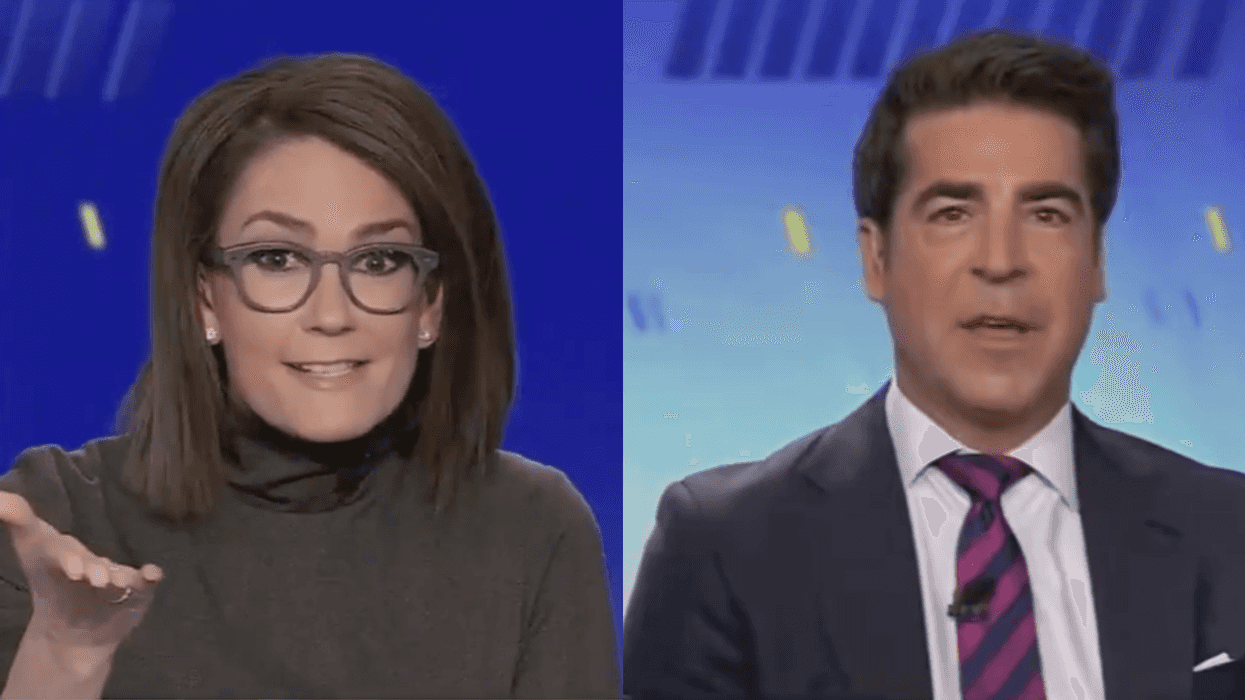

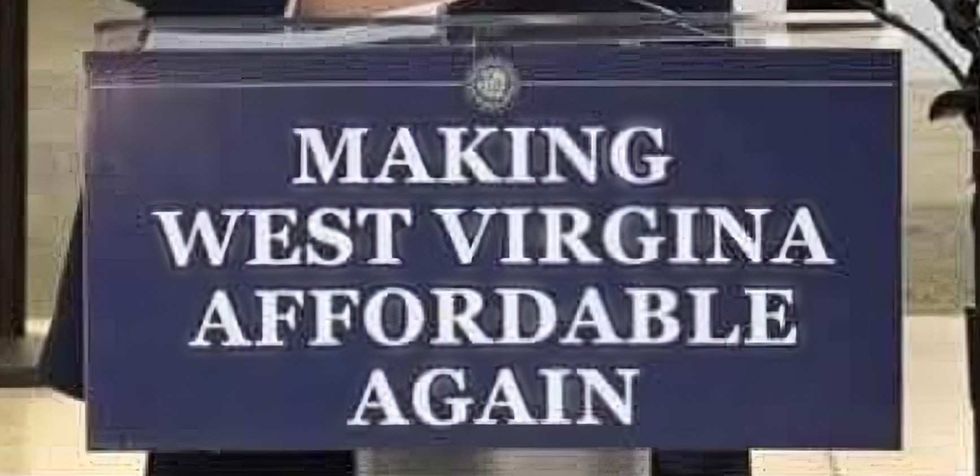 @ameliaknisely/X
@ameliaknisely/X WDTV 5 News/Facebook
WDTV 5 News/Facebook r/WestVirginia/Reddit
r/WestVirginia/Reddit WDTV 5 News/Facebook
WDTV 5 News/Facebook r/WestVirginia/Reddit
r/WestVirginia/Reddit r/WestVirginia/Reddit
r/WestVirginia/Reddit WDTV 5 News/Facebook
WDTV 5 News/Facebook r/WestVirginia/Reddit
r/WestVirginia/Reddit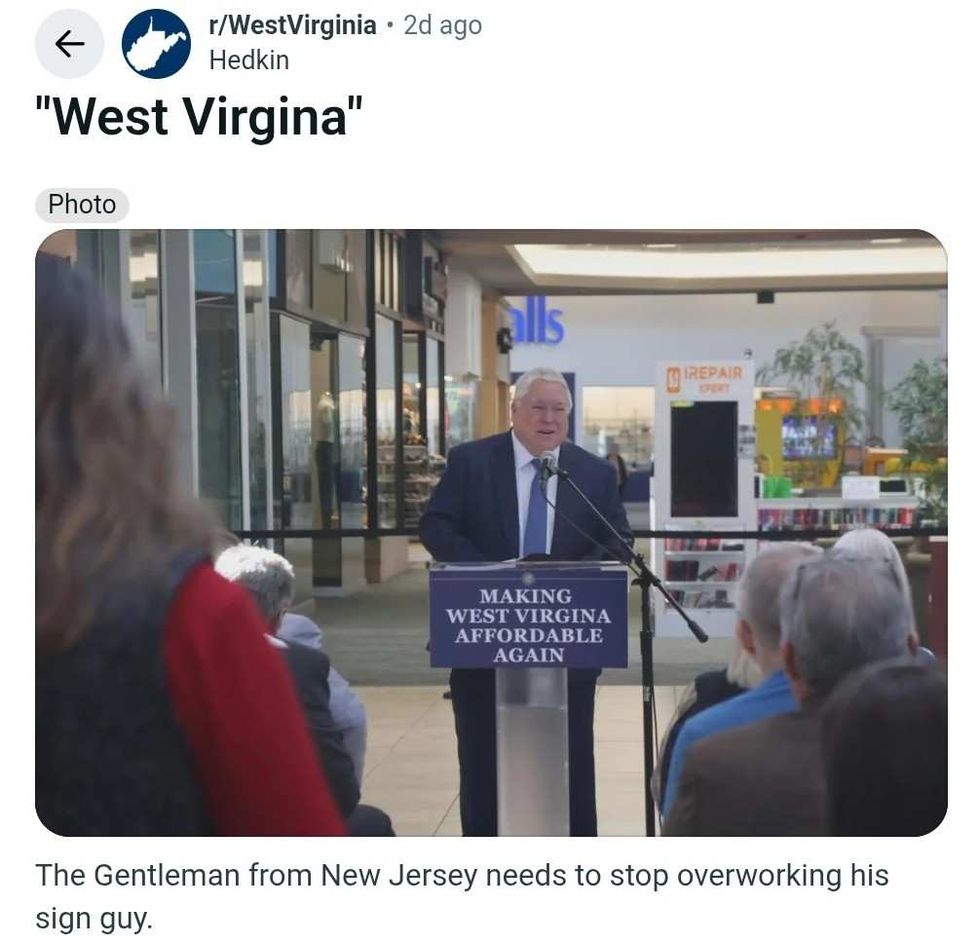 r/WestVirginia/Reddit
r/WestVirginia/Reddit WDTV 5 News/Facebook
WDTV 5 News/Facebook WDTV 5 News/Facebook
WDTV 5 News/Facebook